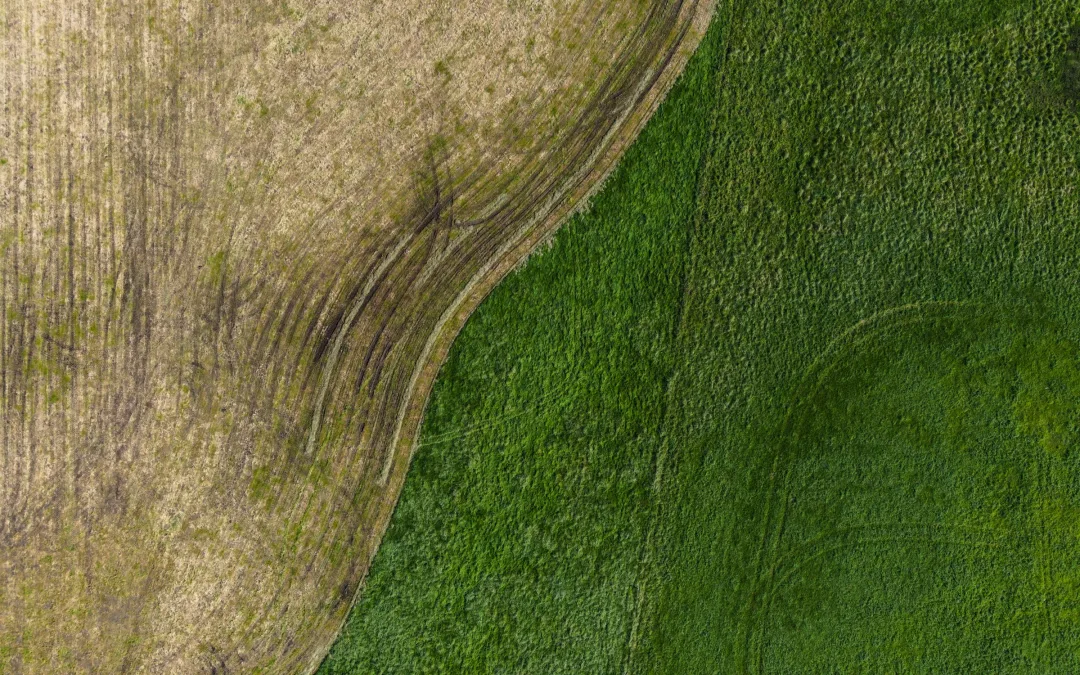When a parent dies and leaves everything to their spouse, many children choose not to contest the Will. Out of respect for their parent’s wishes, the grief involved, and the complexities of family life, they allow their step-parent to inherit everything.
But years later, when that step-parent dies and excludes the step-child from their own Will, the situation can feel profoundly unfair, particularly where the estate was largely built from assets that originally belonged to the step-child’s biological parent. In these cases, a sense of loss is compounded by a feeling of erasure.
Thanks to recent changes in South Australian law, however, step-children may now have a legal right to seek provision, depending on the circumstances.
The legal landscape: step-children and the new SA Succession Act
Under the new Succession Act 2023 (SA) (the Act), section 115 confirms that step-children are now expressly eligible to apply for a family provision order, including:
- in circumstances where they are disabled and significantly vulnerable by reasons of their disability,;
- they were dependent on the deceased at the time of the deceased’s death;
- cared for the deceased at the time of the deceased’s death;
- cared for or contributed to the maintenance of the deceased immediately before the person’s death;
- substantially contributed to the estate of the deceased;
- assets accumulated by a parent of the step-child substantially contributed to the estate of the deceased person; or
- if the step-child is a minor, the minor was maintained (or legally entitled to be) wholly or partly by the deceased immediately before their death.
This reform recognises the complex realities of modern families. Now, where a step-child is excluded from a Will, even for reasons of estrangement, the Court can examine whether proper provision was made, especially when the step-parent’s estate includes assets passed down from the step-child’s parent.
Balancing autonomy and fairness: The role of Section 116
Section 116 of the Act provides courts with a list of factors to consider when determining whether an order should be made. Crucially, it includes a requirement to give weight to the will-maker’s stated reasons for their testamentary decisions.
That means, if a step-parent has provided written or oral reasons for excluding a step-child, the Court must consider them. However, the Court will consider a variety of matters when coming to a decision. Even an estrangement, which often occurs on the occasion of a re-marriage, may not justify complete exclusion if the estrangement was mutual or caused by circumstances beyond the step-child’s control.
This section attempts to strike a balance: it respects the deceased’s right to distribute their estate as they see fit, but also allows courts to intervene where the result is clearly unjust or overlooks a moral obligation.
What counts as the Estate? Lessons from Western Australia
Although Section 115 has yet to be tested extensively in South Australia, similar provisions have been in place in Western Australia under the Family Provision Act 1972 (WA). That state offers valuable guidance on how courts might treat these claims.
In the recent. case Bushby v Bushby as Executor of the Estate of Born [2024] WASC 54, a step-child applied for provision from a step-parent’s estate, arguing that the estate was largely derived from her biological father. The Court had to determine whether the step-parent had received sufficient property from the biological parent’s estate to trigger the step-child’s eligibility. Note: In WA this kind of claim can only be made if the value of the property received from the claimant’s biological parent exceeds a prescribed amount – $517,000.
In that case the Court found only assets received through the deceased estate of the biological parent counted as assets contributed to the step-parent’s estate. Property transferred during life (e.g., gifts, joint assets) did not qualify.
While South Australia doesn’t currently require a prescribed threshold like WA does, Bushby illustrates an important point: in considering what assets are vulnerable to a family provision claim, will the Courts only look at estate assets, or will it also consider inter vivos gifts and joint assets? The South Australian Courts have not yet considered this.
What can step-children do?
If you’ve been left out of a step-parent’s Will and believe it’s unfair, especially where the estate reflects your parent’s legacy, you have options:
- Act quickly: You have six months from the grant of probate to file a claim.
- Seek legal advice: A lawyer can assess the strength of your case and help trace the origin of estate assets.
- Be prepared for nuance: Courts will consider the relationship history, the reasons for exclusion, and your current financial situation.
- Try to resolve amicably: Mediation or negotiation may be preferable to a prolonged dispute.
How we can help
We understand that family provision claims are not just legal disputes, they are deeply personal. If you’ve been excluded from your step-parent’s Will and feel the estate fails to reflect your family history or your parent’s contribution, we’re here to help.
Our experienced team can:
- Assess your eligibility to make a claim;
- Advise you on the factors the court will consider relevant;
- Help trace the origin of estate assets; and
- Guide you through negotiation or litigation as required.
You have the right to be heard, and your connection to your parent’s legacy deserves to be acknowledged. Contact ADLV Law today for trusted, compassionate guidance. Speak to one of our experienced lawyers today on 1300 654 590 or email us.
The information contained in this post is current at the date of editing – 8 October 2025.





